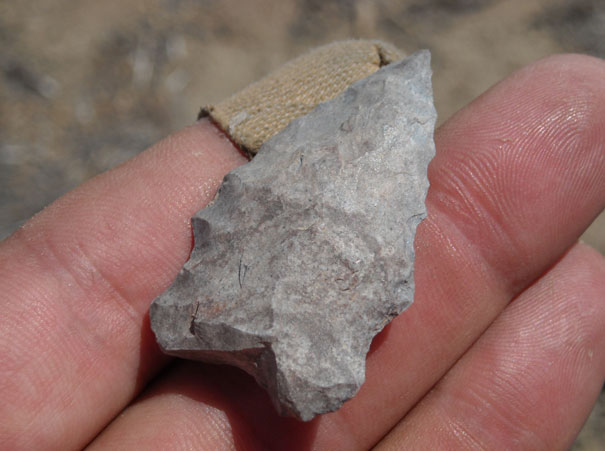Protecting Our Environment
Protecting biodiversity, natural habitats, and cultural resources are key considerations for SCE as we modernize and update our grid infrastructure and implement our Wildfire Mitigation Plan. Approximately 40% of SCE’s utility corridors are in areas that support threatened or endangered wildlife or plants and have become de facto wildlife corridors in many areas due to surrounding urban development. When it comes to cultural resources, you will find everything from archaeological sites, tribal resources and historic-era electric infrastructure within all of SCE’s 50,000 square mile service territory.
Our goal is 100% compliance with biological and cultural resource laws and regulations while maintaining and operating our power system.

Who We Are
SCE’s archaeologists and biologists are committed to protecting cultural resources, birds, special status species, their habitats, and ecosystems using strategic compliance-driven standards, guidance, and technical expertise.
Our dedicated team of environmental specialists manage programs designed to identify, avoid and minimize impacts to biological and cultural resources. We obtain necessary approvals and permits from state and federal environmental resource and land management agencies for its 42,000+ projects annually. We also engage with native American tribes and non-governmental organizations to develop balanced environmental strategies.

What We Do
We manage resource compliance programs that provide:
- Regulatory compliance governance and oversight
- Risk assessment and management
- Resource management guidance
- Projects and maintenance activity support
- Agency engagement and coordination
- Resource consultation and permitting
- Strategic planning for SCE initiatives
- Emergency response support

How We Do It
While planning work, SCE uses resource databases, GIS mapping, and other tools to identify vegetation communities, sensitive habitat, and areas of historical significance and stipulate measures to ensure the protection and avoidance of sensitive resources.
At our work sites, we may conduct pre-activity surveys for sensitive resources, use monitors with stop work authority during activities, avoid carrying out work during breeding and nesting seasons, and use helicopters or walk to sites rather than driving across natural areas. Our goal is to minimize unavoidable environmental impacts and consult with regulatory agencies to mitigate and restore affected areas.
Avian Protection
Since 1988, SCE's avian protection program has protected endangered, migratory and other birds from electrocution.

Herpetology
SCE's service territory has an incredibly diverse array of amphibian and reptile species, over 50 of which are protected. SCE's herpetology program ensures their protection.

Tribal Engagement
SCE engages with Tribal communities to learn about tribal resources and how to protect them.

Historic Built Environment
For over 135 years, SCE has been supplying electrical power to its customers. SCE operates and maintains facilities that are historically significant to the National Register of Historic Places and California Register of Historical Resources.

Wildlife and Plants
SCE's biological resources program provides guidance and tools to identify and address sensitive plant and wildlife species and their habitats within SCE rights-of-way and work areas.

Archaeology
SCE's archaeology program manages archaeological, historical, architectural and tribal resources throughout our service territory.

